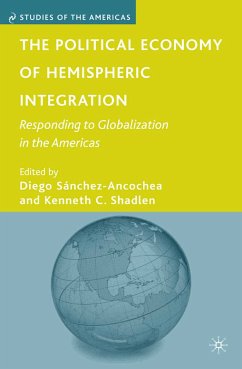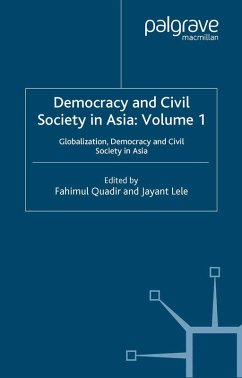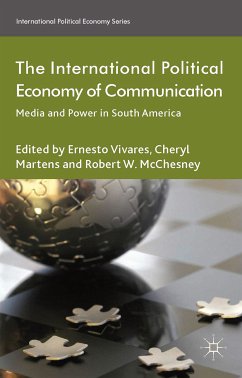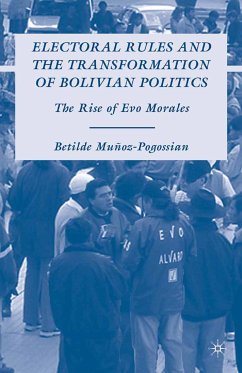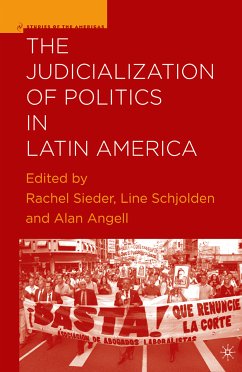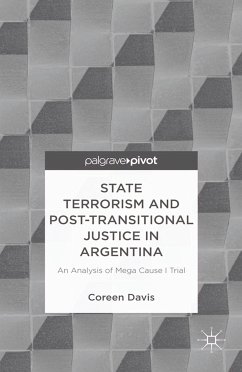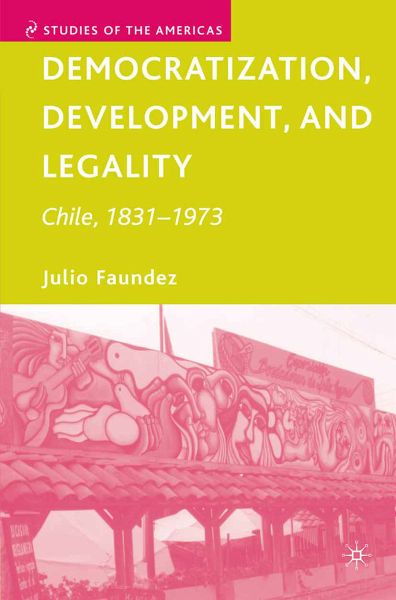
Democratization, Development, and Legality (eBook, PDF)
Chile, 1831-1973
Versandkostenfrei!
Sofort per Download lieferbar
40,95 €
inkl. MwSt.
Weitere Ausgaben:

PAYBACK Punkte
20 °P sammeln!
This book traces the evolution of Chilean political and legal institutions by looking at the process of democratization. As well as explaining the strengths and weaknesses of the political regime, Faundez shows the impact of legal institutions and legal ideology on the country's political development.
Dieser Download kann aus rechtlichen Gründen nur mit Rechnungsadresse in A, B, BG, CY, CZ, D, DK, EW, E, FIN, F, GR, HR, H, IRL, I, LT, L, LR, M, NL, PL, P, R, S, SLO, SK ausgeliefert werden.



